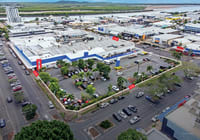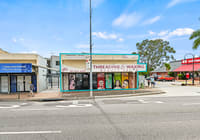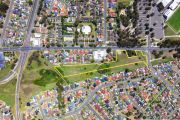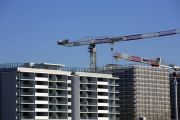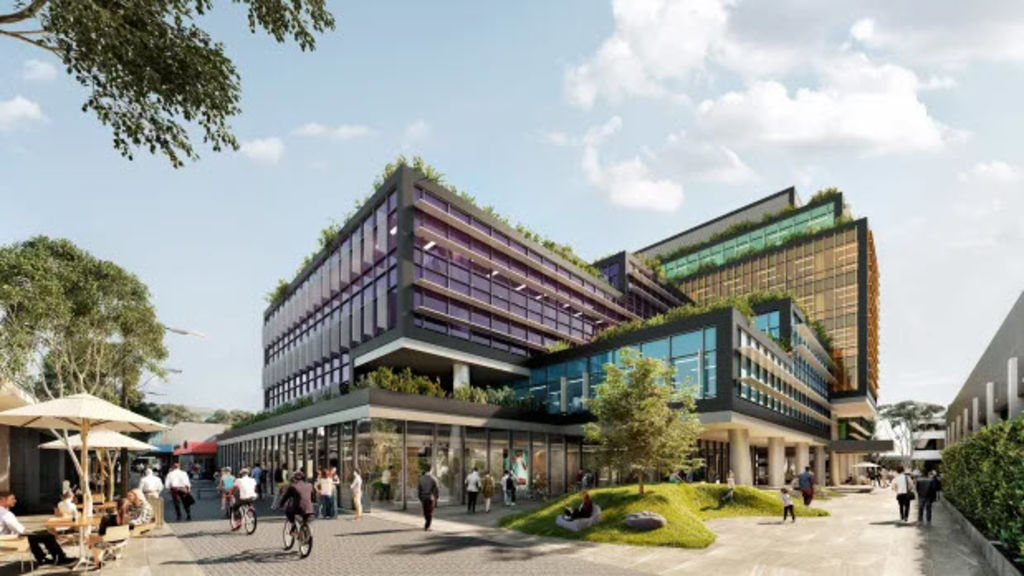
Shoppers return to Vicinity malls as Melbourne lockdown ends
The long-awaited reopening of Melbourne has boosted prospects for ASX-listed Vicinity Centres, which confirmed at its annual shareholder meeting it will pay an interim distribution for its 2021 financial year.
Along with other mall owners including Westfield operator Scentre, Vicinity’s stock rode higher this week on news of a breakthrough in a vaccine for the coronavirus.
Vicinity’s portfolio is more weighted to Victoria than some of its peers, and has felt the effect of the long second lockdown imposed on Melbourne, which began easing at the end of October.
Chief executive Grant Kelley told shareholders at a meeting conducted online on Thursday that most of Vicinity’s Melbourne retailers began reopening from October 28 and Victorians had been quick to return to shopping centres, “displaying considerable pent-up demand”.
“In the final week of lockdown, centre visitation was 39 per cent of the prior year,” he said.
“In the week just gone, this has increased to 77 per cent of the previous year.
“We remain confident that visitation across our Victorian centres will continue to rebound, just as we have observed in other markets in Australia where the virus has largely been contained.”
As flagged in its September quarter update, Vicinity’s cash collection as a percentage of billings stood unchanged at 56 per cent over the quarter. Excluding Victoria and its CBD centres that rate rises to 76 per cent.
“Assuming no further waves of the pandemic, we expect cash collection rates to continue to improve, particularly following the reopening of our Melbourne retailers,” Mr Kelley said on Thursday.
Vicinity has not provided earnings guidance for fiscal 2021 but said it does intend to pay a interim distribution this half. No distribution was paid in the second half of the 2020 financial year, due to the disruption of the pandemic.
“Through the extraordinary efforts of all Australians and most recently those in Victoria, we now have very low COVID-19 case numbers nationally,” Mr Kelley said.
“Centre visitation across our portfolio continues to rebound, and we expect this trend to continue as travel restrictions lift, office workers gradually return to CBDs and general economic conditions improve.”
During the disruption, Vicinity has been quietly getting its development pipeline into shape, submitting plans and winning approvals for a seriesof projects that could significantly diversify its portfolio through the addition of office space, serviced apartments and even residential towers.
Those plans include major redevelopments at its Box Hill and Bankstown malls, along with approvals for further development at Chadstone, including a nine-storey office building. As well, last month it won approval for an eight-storey, 15,000-square-metre office building at its Bayside centre in Melbourne.




